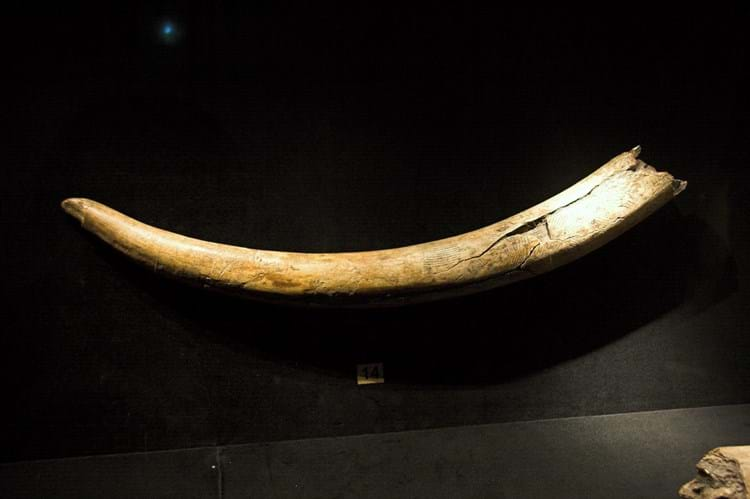
The Israeli delegation to the CITES Conference of the Parties, held from 17-28 August in Geneva, had made the case to list the mammoth as a threatened species protected by CITES.
The 1973 Convention on International Trade in Endangered Species (CITES) regulates the buying and selling of animal and plant species at risk of extinction around the world.
The Israeli proposal, unprecedented in CITES’s 46-year history and made under the convention's ‘lookalike’ provision, was not to ban trade in mammoth ivory but to require an exporting country to prove the ivory came from a mammoth.
Some conservationists argue mammoth ivory is hard to distinguish from the elephant variety and is being passed off as the latter, helping to fuel modern elephant poaching.
However, delegates from 183 countries that are signatories of the CITES convention deferred a vote on the proposal. They agreed to reconsider it in three years’ time at the next summit, pending a study on the effect of mammoth ivory on global ivory markets.
Long extinct
The mammoth was a trunked animal species that last roamed the Earth 4000 years ago.
Mammoth ivory, known as 'ice ivory', appears on the antiques market in the form of carved ornamental tusks, boxes and jewellery.
Kim McDonald of The Taxidermy Law Company, and a specialist on how CITES applies to antiques, told ATG that the administration of any trade ban or restriction would "prove a conundrum".
"The possible inclusion of a long extinct species because of its similarity to other ivories will aid the confusion and not stop the illegal trade in modern ivory," he said. "With a world driven by supply and demand, unless we change the mindset, the latter will continue to exist."





